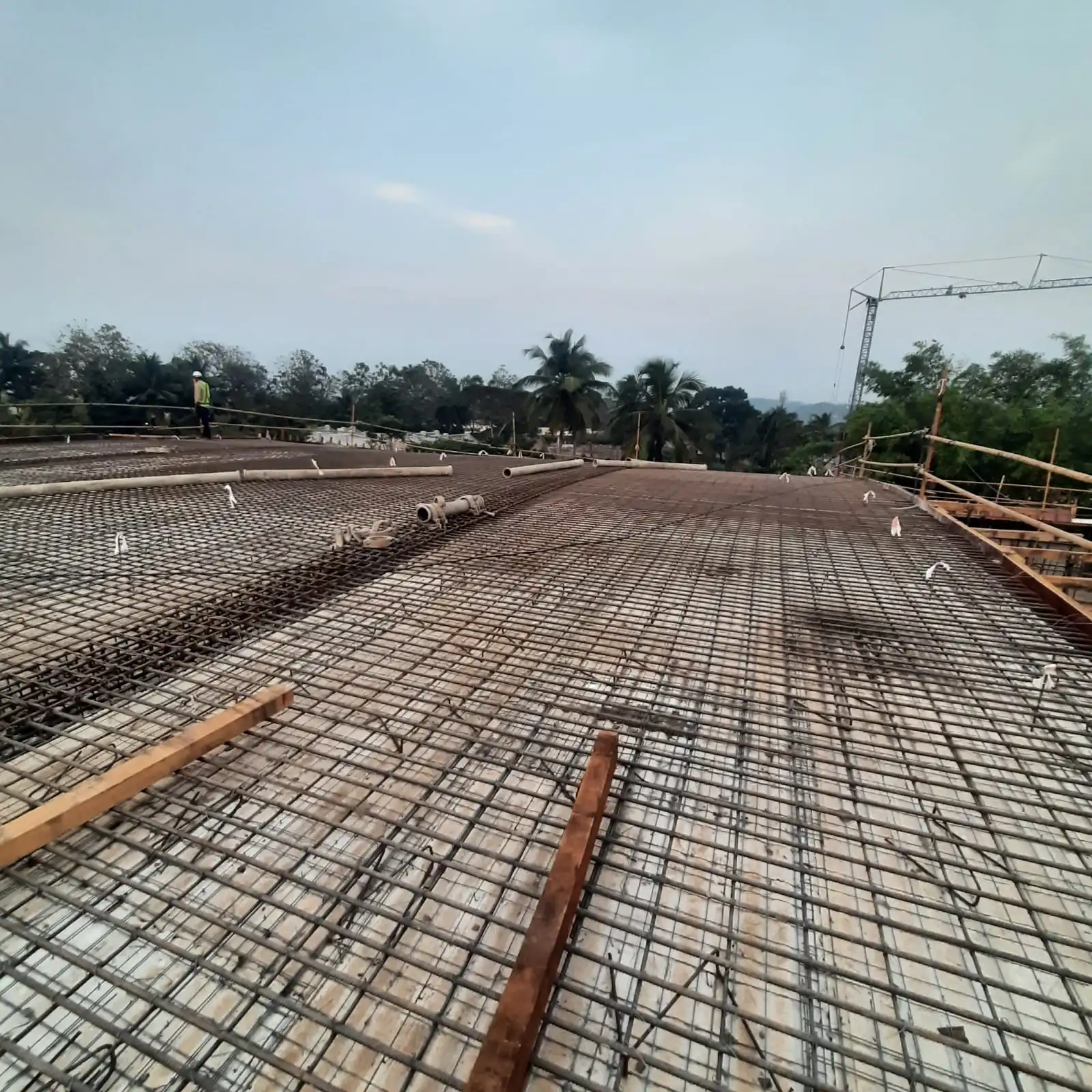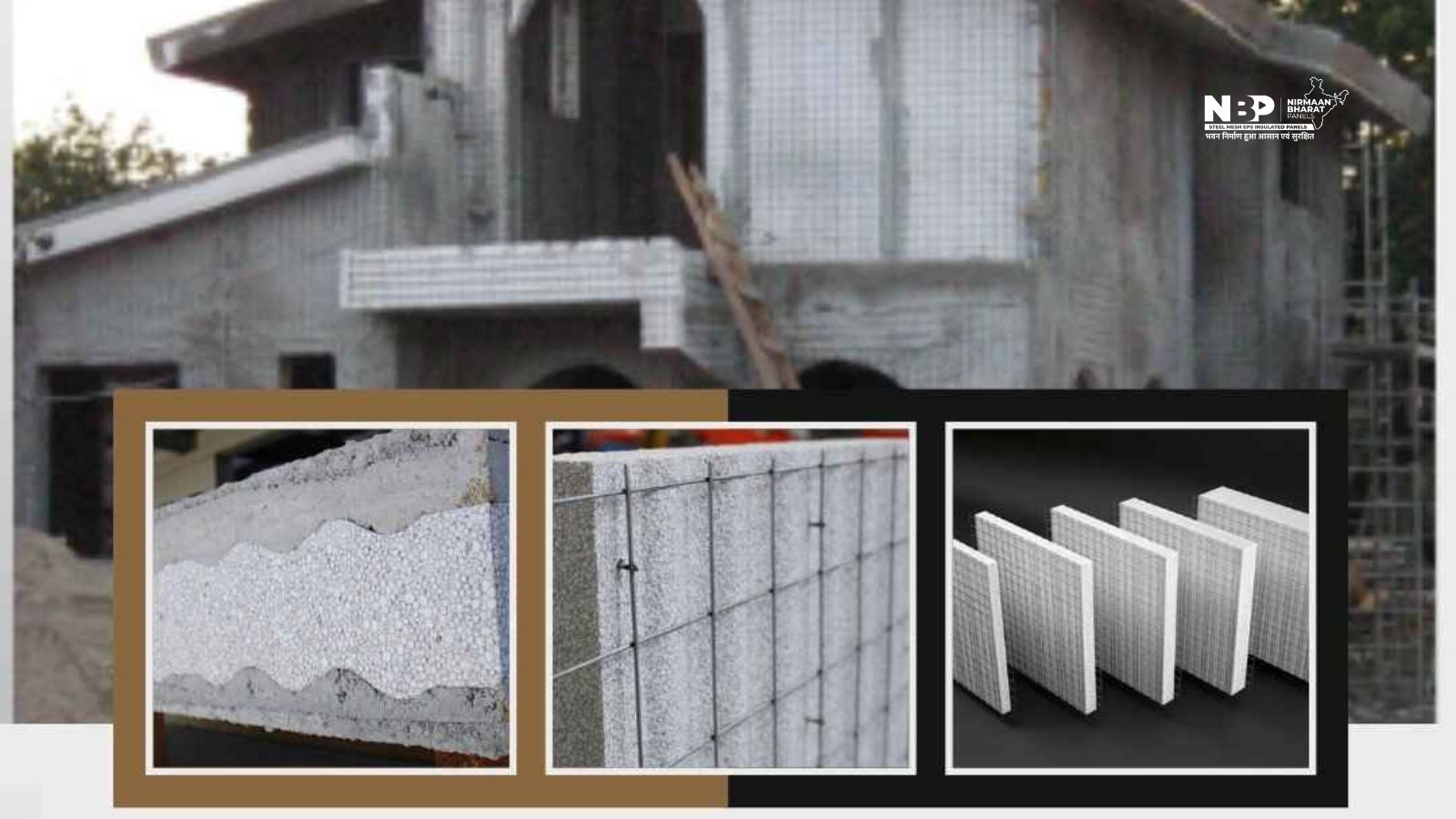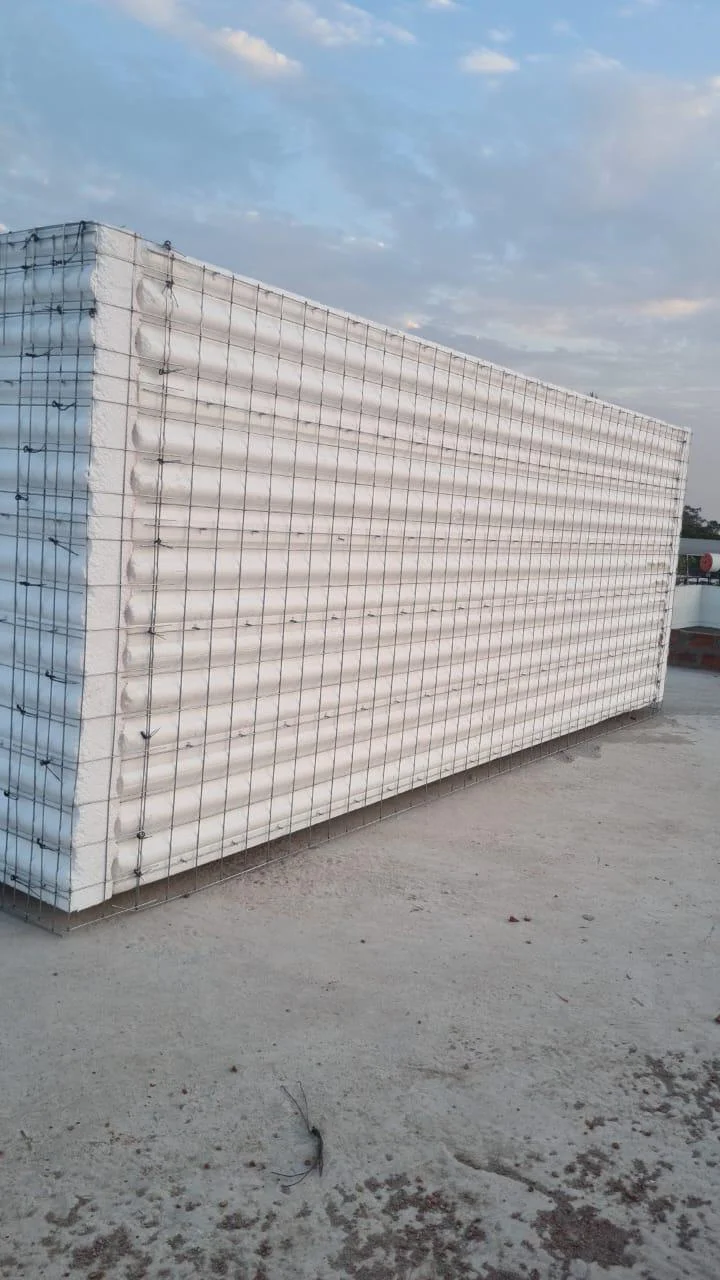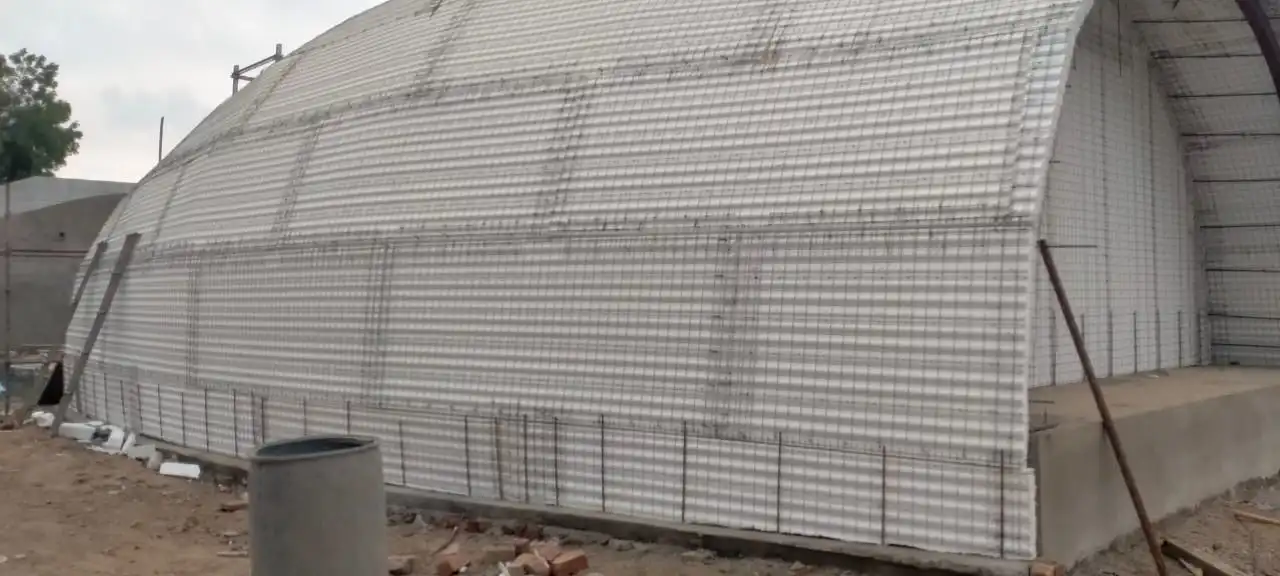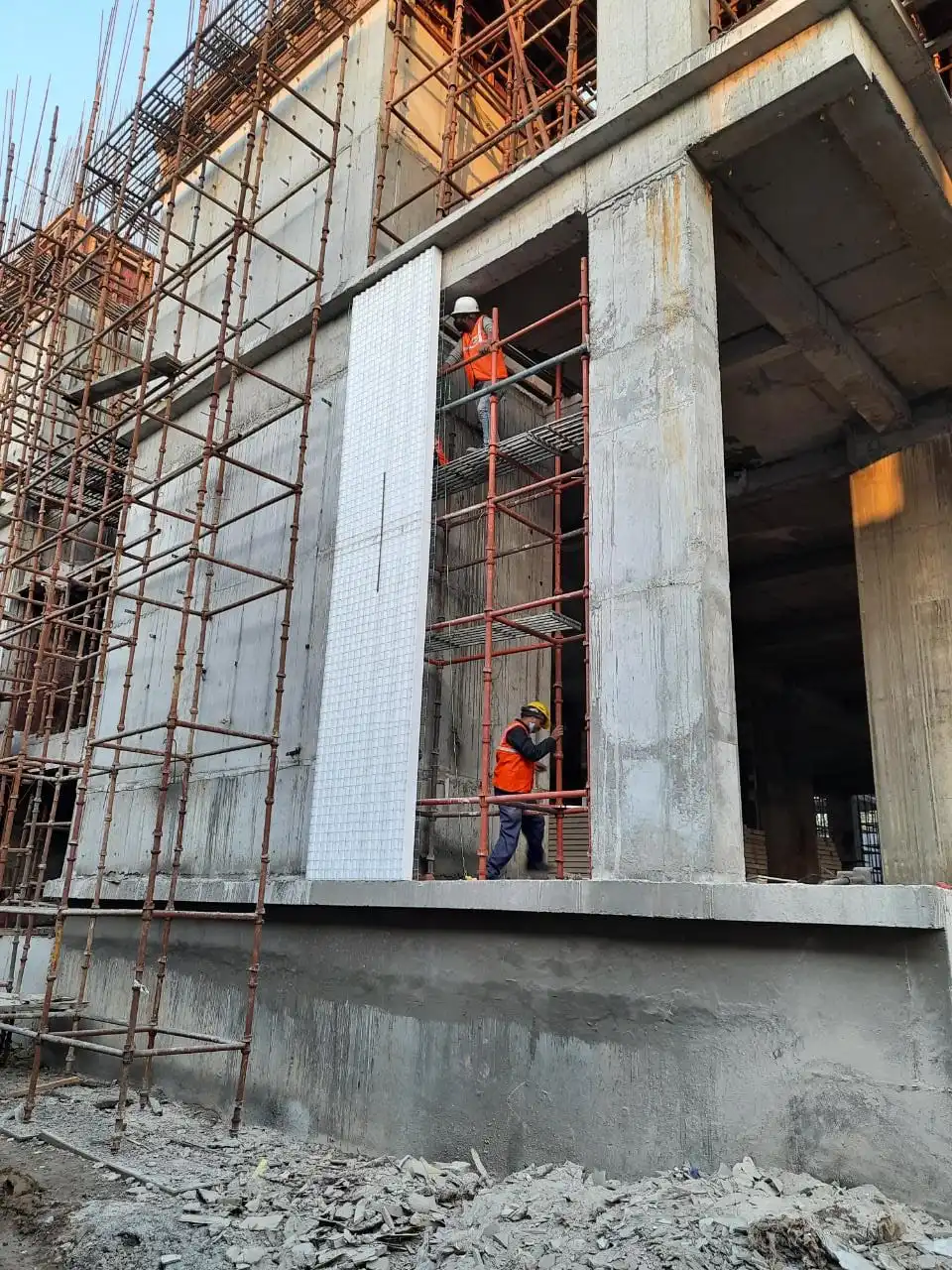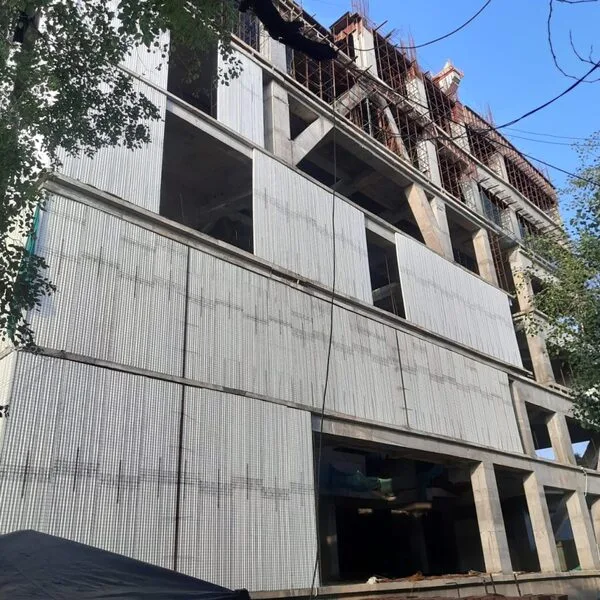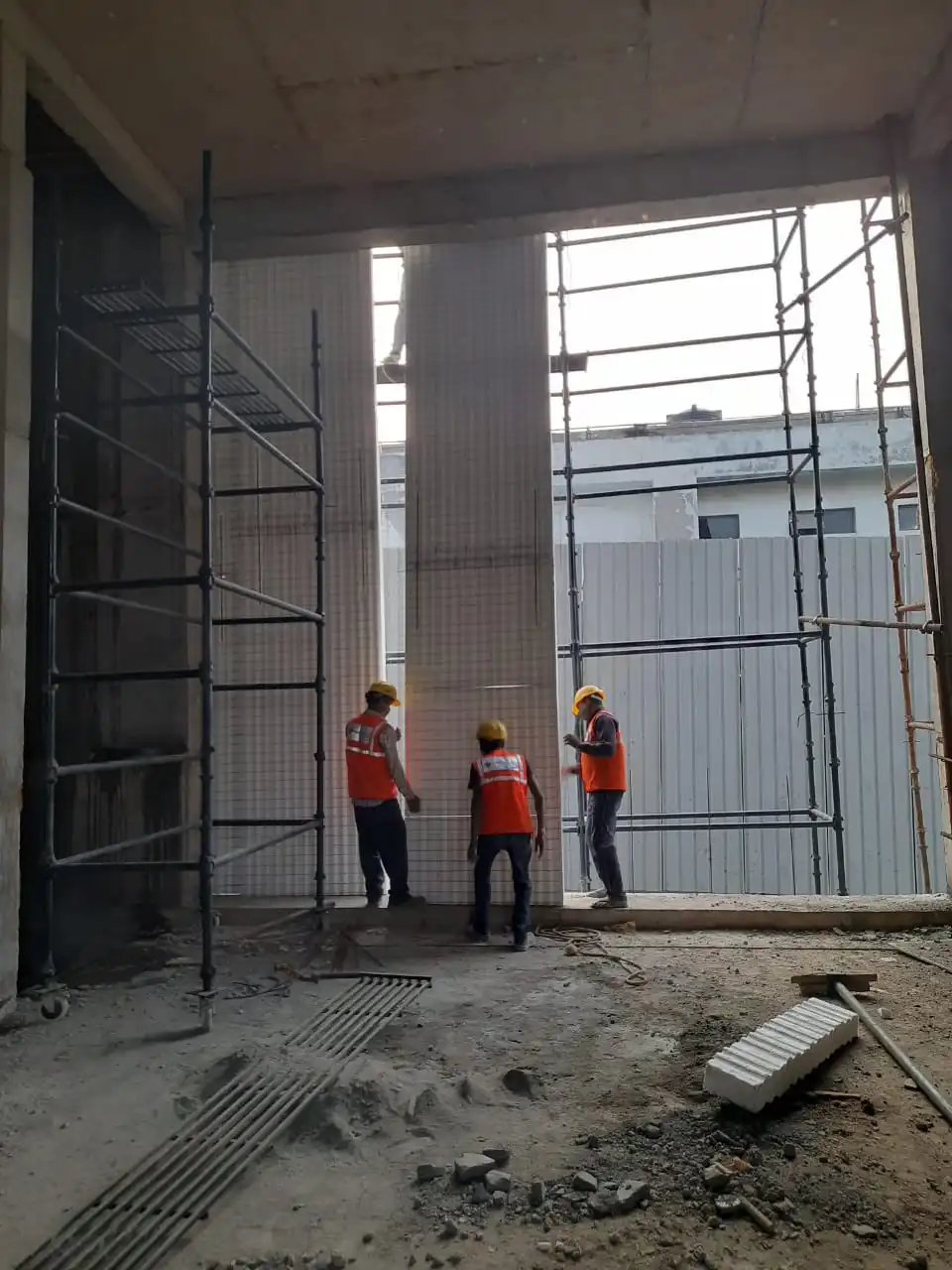In the realm of sustainable construction materials, the focus is often on finding alternatives that minimize environmental impact without compromising structural integrity. One such innovative solution gaining attention is the use of reinforced Expanded Polystyrene (EPS) panels. These panels offer a unique blend of sustainability and practical benefits that contribute positively to the construction industry.
Table of Contents
ToggleInsulating Properties
EPS panels are composed of expanded polystyrene foam, a lightweight and durable material known for its insulating properties. These panels are reinforced with materials like fiberglass or mesh to enhance their strength, making them ideal for various construction applications, including walls, roofs, and flooring systems.
Eco-friendly Composition
The environmental impact of reinforced EPS panels is a crucial factor driving their adoption in construction. One of their significant advantages lies in their eco-friendly composition. Expanded polystyrene is recyclable and can be reused in various ways, reducing waste and lessening the burden on landfills. Moreover, the manufacturing process of EPS involves significantly fewer greenhouse gas emissions compared to traditional construction materials, aligning with the global effort to combat climate change.
Lower Carbon Emissions
These panels also contribute to energy efficiency in buildings. Their excellent thermal insulation properties help regulate indoor temperatures, reducing the need for excessive heating or cooling. Consequently, buildings constructed with reinforced EPS panels require less energy for climate control, leading to decreased energy consumption and lower carbon emissions, thereby fostering a greener environment.
Logistical Advantages
The lightweight nature of EPS panels offers logistical advantages during transportation and installation, requiring fewer resources and energy. This characteristic not only streamlines construction processes but also reduces fuel consumption and carbon footprint associated with transportation, further supporting sustainability efforts.
Durability and longevity
Additionally, the durability and longevity of reinforced EPS panels contribute to their environmental benefits. These panels exhibit high resistance to moisture, mold, and pests, which extends their lifespan and diminishes the need for frequent replacements or repairs. This longevity translates to reduced resource consumption and waste generation over the building’s lifecycle.
Cost-effectiveness
While celebrating the sustainability aspects, it’s essential to acknowledge the economic benefits associated with reinforced EPS panels. Their cost-effectiveness compared to traditional building materials makes them an attractive choice for developers and builders. The reduced labor and installation time, coupled with long-term energy savings, provide a compelling economic case for their widespread adoption.
The Bottom Line
In conclusion, reinforced EPS panels represent a sustainable and eco-friendly solution in the construction industry. Their environmental benefits, including recyclability, energy efficiency, reduced carbon footprint, and cost-effectiveness, make them a promising alternative to conventional building materials. Embracing these panels not only contributes to sustainable construction practices but also aligns with the global objective of creating a more environmentally conscious future. As advancements continue in the realm of sustainable materials, reinforced EPS panels stand out as a remarkable innovation offering a blend of environmental responsibility and practical advantages in the construction landscape.


